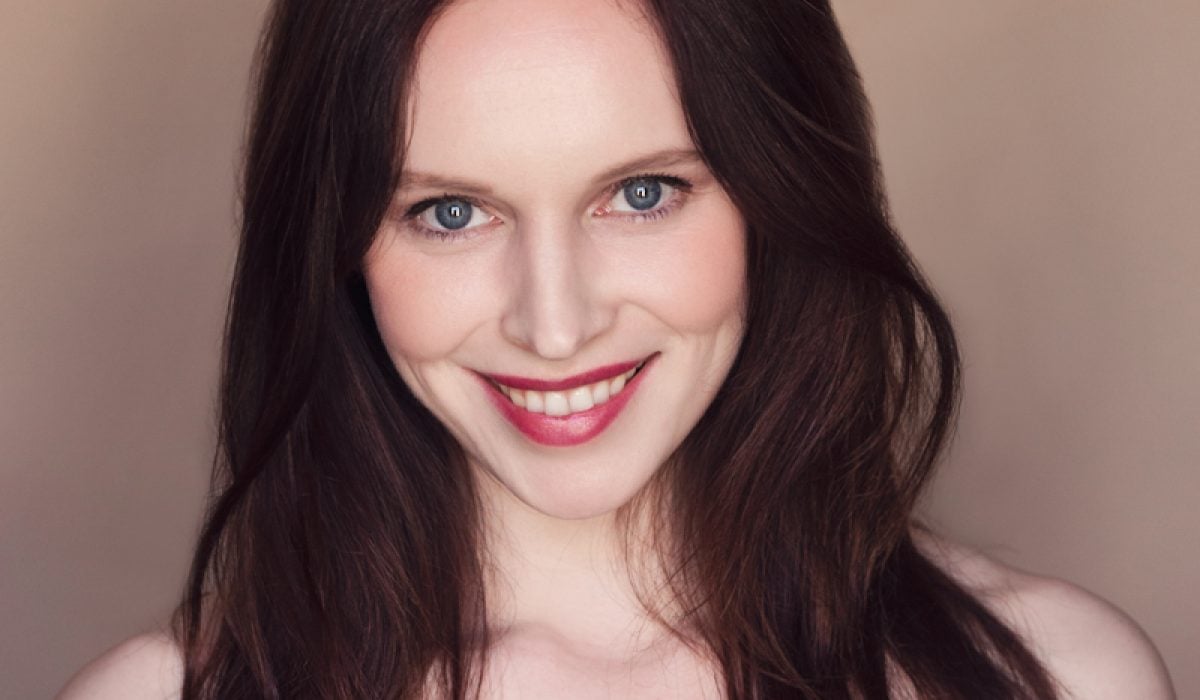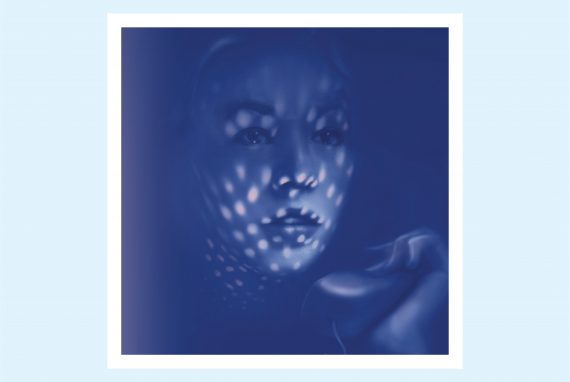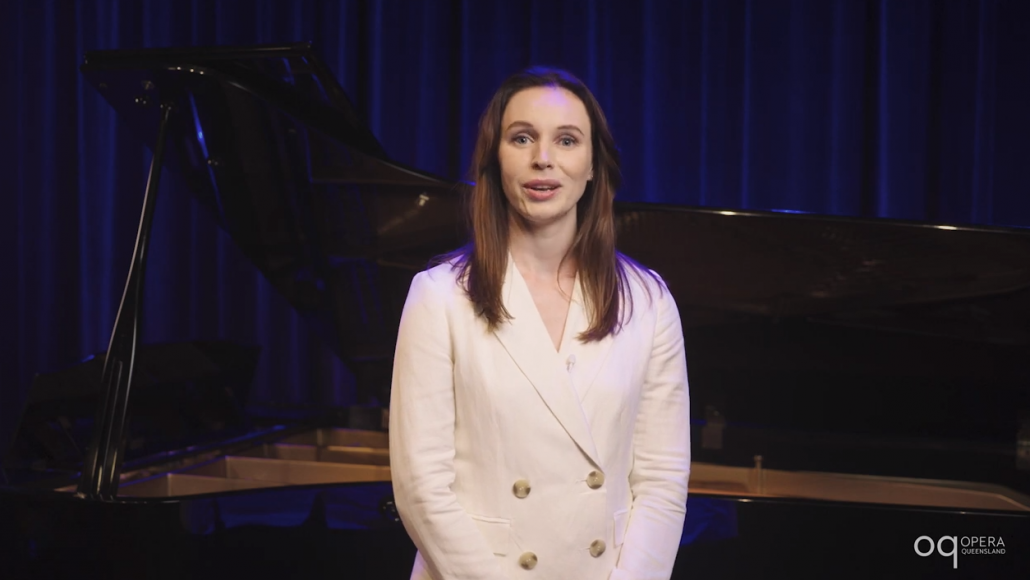
Alexandra Flood discusses love, grief, and the emotional authenticity of The Human Voice
In the lead up to her one woman show presented by Opera Queensland and Brisbane Festival, we spoke with Alexandra Flood on how The Human Voice speaks to the modern relationship.
Tell us about the story line for The Human Voice
The Human Voice centers on an unnamed woman referred to as Elle (‘she’ in the original French) who during the course of the opera engages in a nostalgic, traumatic, loving, and ultimate devastating phone call with her now ex-lover. It unfolds that he has called her to end their relationship and will marry another women the very next day.
The unique thing about this work is that we only hear one side of the conversation – that is, Elle’s perspective. We witness her journey from the early stages of grief, through denial, to annihilation. There is some ambiguity in how the story ends for Elle, which audiences will have to come along and discover for themselves!
Who do you think will relate to The Human Voice?
I think it’s interesting to note that although the protagonist is a woman, the show isn’t called “The Female Voice” but The Human Voice. The score and libretto were written as an autobiographical homage to the lives of Poulenc and soprano Denise Duval. Poulenc wrote the piece from his own breakup experiences and wrote the character of Elle to be specifically played by Duval. At the time, Duval’s ‘stormy’ love life was a key inspiration behind the characters motivations in the piece. It was very cathartic for the two artists.
Although we hear the conversation through a female character ultimately, she is a vehicle to convey a universal experience. The story in its purest form is about human characters behaving as humans do. Given that, I think literally anyone who has ever experienced – or even simply feared – rejection will relate to this work. And who hasn’t experienced that in some form, at some point in their life?
How would you describe the relationship between Elle and the man on the phone?
Elle’s relationship with her lover feels like a constant fight to get what she needs, which is amplified by the fact that she definitely isn’t in a position of power in the relationship. Because of this power imbalance, we see her employing irrational tactics to regain that sense of power. There’s a devastating sense of desperation in these final moments of their relationship. It’s clear he’s been gaslighting her. And it’s clear she doesn’t want him to know how hurt she really is. In the end her pride stops her from being too vulnerable to him, but the weight of that is too much for her to bear.
Her reactions are incredibly human and really drive home the difference between giving up and letting go when it comes to love.
What makes Poulenc’s work so different?
The Human Voice began its life as a play, first developed in 1928 by playwright Jean Cocteau. Poulenc was friends with Cocteau and collaborated with him directly to create the opera that exists today. Cocteau had a major influence on the dramaturgical style of the performance and combined with Denise Duval’s powerful voice, the opera became something of a modern classic.
Poulenc is different from other composers of the period in that his music isn’t as prescriptive as some more classical or traditional opera composers, which gives space for those on stage to be creative with their interpretations.
He is not overly emotional in the music and never indulgent which gives his work a real authenticity. So much meaning is to be found it what is left unsaid. Just as in real life.
I’ve found that some composers can create tidy and complete emotional packages in their score which – although beautiful – are rarely the experience of life and especially love. Our stories don’t end perfectly, but rather are rolling and sporadic. Having the character Elle being on the phone adds to this constant pivoting, making The Human Voice a story that thrives in a modern and contemporary setting.
Why is opera such a good medium for this story?
I’ve always believed that opera holds a mirror up to society. Historically, operas have been created as a direct reaction to the issues and concerns of the period and as we continue to perform them today, we can see modern issues more clearly through a prism of the past.
With a work like The Human Voice, there is a lot of implied storytelling in what we miss on the other end of phone. The way the score is written is very indicative of the French language and the soprano almost dialogues with the orchestra throughout the performance. Some may even interpret the orchestra to represent the voice of her lover on the other end of the phone, whom we never get to hear.
Opera is such a great vessel to explore the unknown as it provides whatever the audience is willing to perceive. The meaning is very much in the eye (or ear) of the beholder. Audiences can ask their own questions and find meaning through the sung and unsung elements of the performance. Mozart said music is not in the notes, but int he silence in between. There is a universe of meaning in those short, infinite vaccums. We can imagine, in horror or in rapture, what is being said to Elle. The audience can find the silent answers to all life’s questions in these mini eternities.
The Human Voice is presented by Opera Queensland and Brisbane Festival.
Music by Francis Poulenc
Libretto by Jean Cocteau
Understanding The Human Voice with Alexandra Flood
Alexandra Flood delves deeper into the story of The Human Voice.
Presented by Opera Queensland and Brisbane Festival, The Human Voice is set to be an unforgettable performance.
Watch Now

